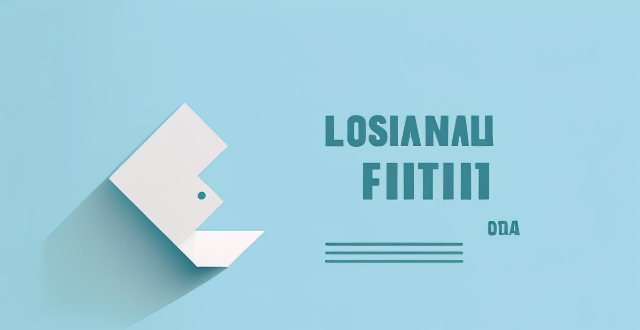Student loans can significantly impact credit scores, positively throughStudent loans can significantly impact credit scores, positively through diversified credit mix, and Best practices for managing student loans include making payments on time, keeping balances low, and exploring forgiveness or repayment options to protect and enhance financial standing.

How Do Student Loans Impact Credit Scores?
Student loans can have a significant impact on your credit score, both positively and negatively. Here's a detailed breakdown of how these loans can affect your financial standing:
Positive Impacts
Payment History
- On-time payments: Consistently making on-time payments on your student loans can boost your credit score over time. This accounts for approximately 35% of your FICO score.
Credit Mix
- Diversification: Having a mix of different types of credit, including installment loans like student loans, can help improve your score. It demonstrates that you can manage various types of debt responsibly.
Credit Utilization
- Low balances: If you're only making interest payments while in school, the low balances on your student loans can help keep your credit utilization ratio low, which typically accounts for about 30% of your credit score.
Negative Impacts
Late or Missed Payments
- Delinquencies: Late or missed payments can significantly damage your credit score. Your payment history is the most crucial factor in determining your credit score, and delinquencies can stay on your credit report for up to seven years.
High Balances
- Increased utilization: If you have high balances on your student loans, it can raise your credit utilization rate, potentially harming your credit score. Lenders may also view high outstanding student loan balances as a sign of potential financial strain.
Defaulting on Loans
- Severe delinquency: If you default on your student loans, it will have a severe negative impact on your credit score. A default typically occurs when a payment is overdue by 270 days or more and can severely damage your creditworthiness.
Settled or Forgiven Debt
- Negative mark: In some cases, if your loans are settled for less than the full amount or forgiven due to specific circumstances, it can be noted on your credit report and may be viewed negatively by future lenders.
Hard Inquiries
- Multiple applications: Applying for multiple private student loans can result in hard inquiries on your credit report, which can temporarily lower your score. However, federal student loans and consolidation loans typically involve only a soft pull, which does not affect your credit score.
Best Practices for Managing Student Loans and Credit Scores
To ensure your student loans positively impact your credit score, consider these best practices:
1. Make payments on time: Automate payments if possible to avoid late or missed payments.
2. Keep balances low: Pay more than the minimum due whenever possible to reduce the amount of interest accrued and keep balances low.
3. Monitor your credit report: Check your credit report regularly to ensure accuracy and address any errors promptly.
4. Limit new credit applications: Avoid applying for too much new credit at once, especially with hard inquiries.
5. Explore forgiveness or repayment options: If you're struggling with repayments, look into options like income-driven repayment plans, loan forgiveness programs, or refinancing to manage your debt more effectively.
By understanding how student loans can impact your credit score and taking proactive steps to manage them responsibly, you can protect and even enhance your financial standing.